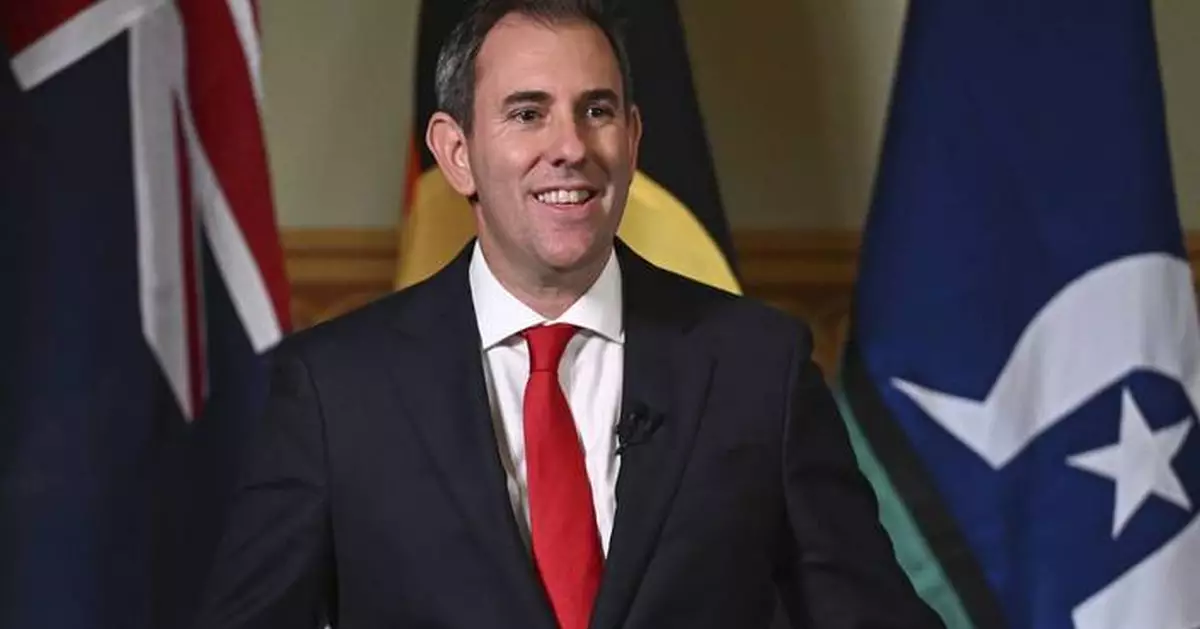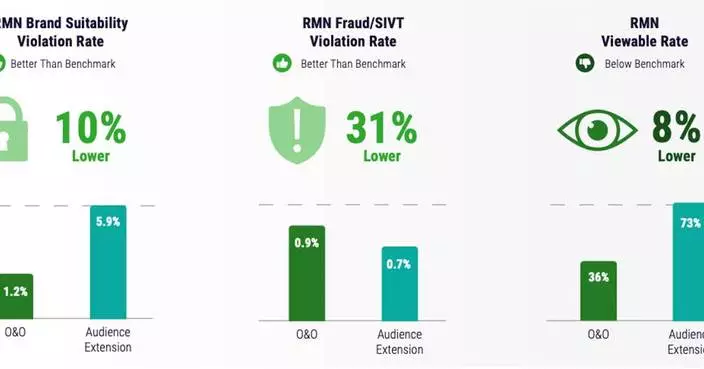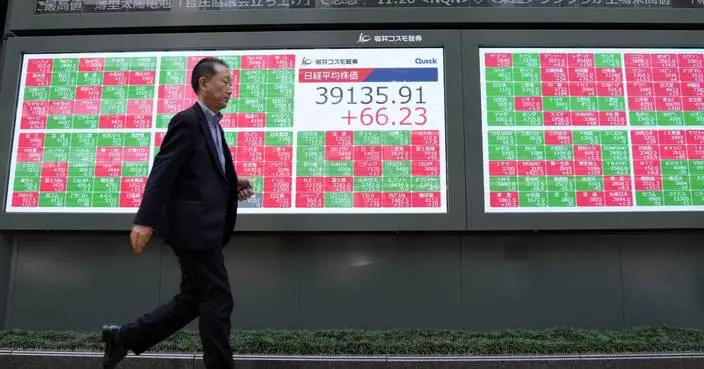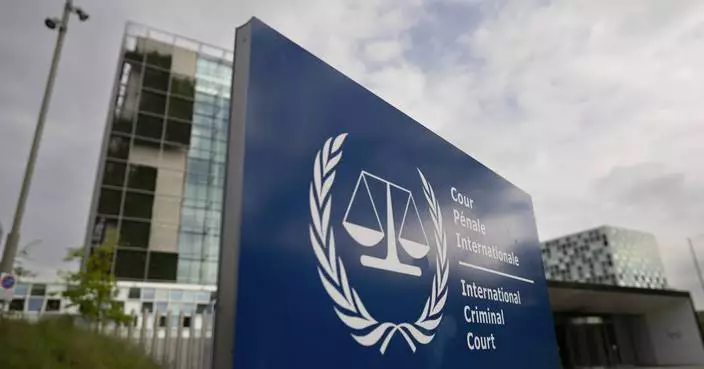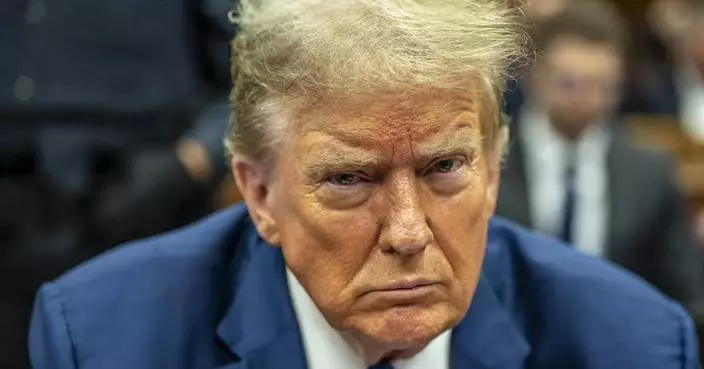MELBOURNE, Australia (AP) — A senior Australian government minister said Wednesday the bilateral relationship with India was good and had improved in recent years, but declined to comment on reports that two Indian spies were secretly expelled from Australia four years ago.
Treasurer Jim Chalmers was asked during a television interview whether India could be considered Australia’s friend after Australian news media and The Washington Post reported the two intelligence operatives’ quiet expulsion.
Chalmers told Australian Broadcasting Corp., “I don’t want to get into those kinds of operational issues in any way.”
“We’ve got a good relationship with India and with other countries in the region, it’s an important economic relationship, it’s become closer in recent years as a consequence of efforts on both sides, and that’s a good thing,” Chalmers said.
Prime Minister Anthony Albanese and Foreign Minister Penny Wong deflected questions Wednesday at press conferences about India’s reported spying, using the government's standard line that they did not comment on intelligence matters.
India is an increasingly important trading partner of Australia, which is trying to reduce its economic reliance on China.
India and Australia are also developing closer military ties as members of the Quad security dialogue that also includes the United States and Japan.
The center-left Labor Party government was not in power when the Australian Security Intelligence Organization, the nation’s main domestic spy agency, removed the two spies.
ASIO Director-General Mike Burgess outlined the activities of what he described as a “nest of spies” during a public speech in 2021. But he did not reveal the nation behind the espionage.
Most observers suspected China or Russia.
The Washington Post, The Sydney Morning Herald and Australian Broadcasting Corp have all cited anonymous security officials identifying the spies as operatives of India’s foreign intelligence agency, the Research and Analysis Wing.
The spies targeted relationships with current and former politicians and a state police force, Burgess said. They also monitored the country’s diaspora in Australia and obtained classified information about Australia’s trade relationships.
They asked a public servant to provide information on security protocols at a major Australian airport and recruited an official with a security clearance to access sensitive details about defense technology, Burgess said.
Burgess and ASIO have declined to say whether India was behind the spying.
The Indian High Commission in Australia did not respond to a request for comment Wednesday.

Australia's Treasurer Jim Chalmers addresses the Lowy Institute in Sydney, Wednesday, May 1, 2024. Chalmers says the bilateral relationship with India is good and has improved in recent years, but declined to comment on reports that two Indian spies had been expelled from Australia four years ago. (Dean Lewins/AAP Image via AP)


